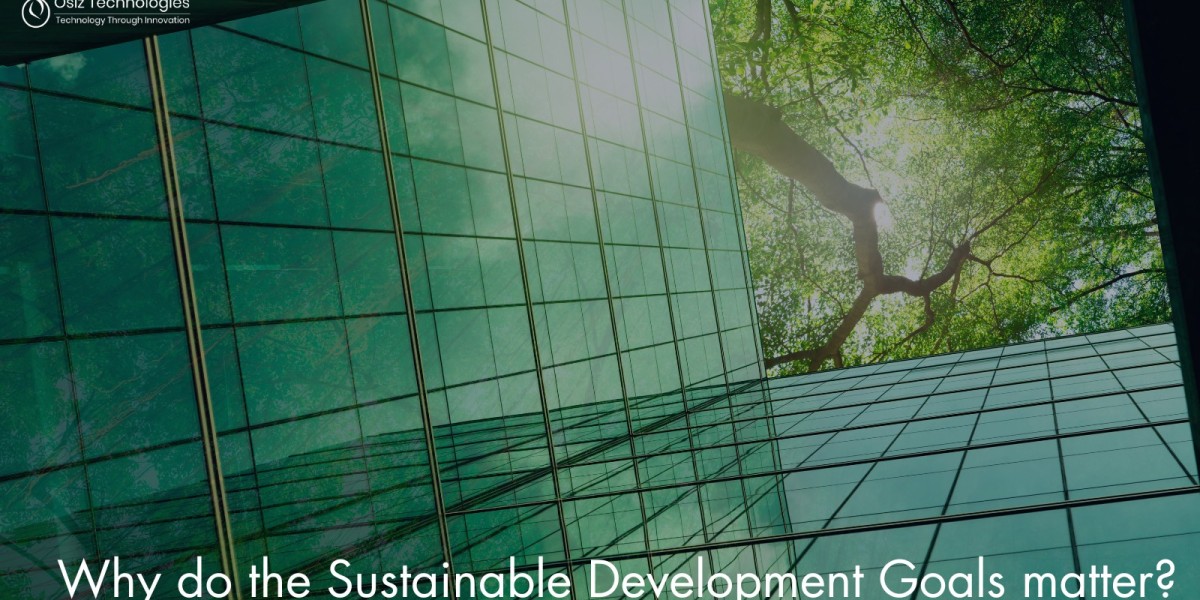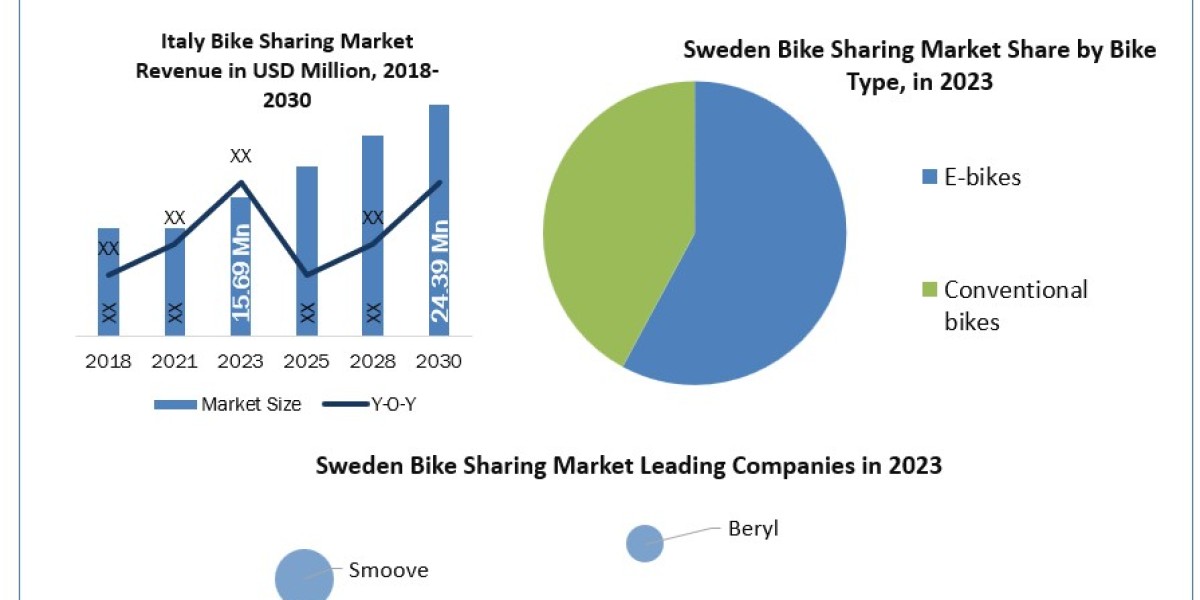What Is SDGs?
Sustainable Development Goals are a set of 17 global objectives established by the United Nations to address pressing environmental, social, and economic challenges by 2030. They aim to end poverty, protect the planet, and ensure prosperity for all. Each goal targets specific areas such as poverty eradication, gender equality, and climate action, with measurable targets and indicators to track progress. The SDGs emphasize collaboration and partnership among governments, businesses, civil society, and individuals to achieve sustainable development worldwide.
Why Do the Sustainable Development Goals Matter?
The Sustainable Development Goals (SDGs) are a set of 17 interconnected objectives established by the United Nations to guide global efforts towards a more sustainable future by 2030. These goals encompass various aspects of sustainability, including social, economic, and environmental dimensions, and are crucial for several reasons.
The SDGs address poverty eradication, aiming to lift millions out of poverty while ensuring access to essential services such as education, healthcare, and clean water. By prioritizing poverty reduction, the SDGs strive to create a world where everyone has the opportunity to thrive and lead a dignified life.
Environmental sustainability is a key focus of the SDGs. They aim to combat climate change, protect ecosystems, and promote sustainable management of natural resources. By safeguarding the environment, the SDGs seek to preserve biodiversity, mitigate the impact of climate change, and ensure the well-being of future generations.
The SDGs emphasize social inclusion and equality. They seek to reduce inequalities within and among countries, promote gender equality, and ensure access to justice for all. By addressing social disparities, the SDGs aim to create a more just and equitable society where everyone has equal opportunities and rights.
The SDGs promote economic growth and prosperity. They encourage sustainable economic development, job creation, and investment in infrastructure. By fostering economic growth, the SDGs aim to improve living standards, reduce poverty, and enhance overall well-being.
The SDGs emphasize the importance of partnerships and collaboration. They recognize that achieving sustainable development requires collective action from governments, businesses, civil society, and individuals worldwide. By fostering partnerships, the SDGs seek to mobilize resources, share knowledge and expertise, and drive collective action towards common goals.
The SDGs are essential because they provide a comprehensive framework for addressing the world's most pressing challenges and building a more sustainable and prosperous future for all.
What Sustainability Consultants Do?
Sustainability consultants, often affiliated with sustainability consulting company, provide expertise and guidance to organizations seeking to integrate sustainable practices into their operations. They conduct assessments to identify areas for improvement and develop tailored sustainability strategies that align with the organization's goals and values. Sustainability consultants offer a range of services, including energy audits, waste management, carbon footprint assessments, and sustainability reporting.
They work closely with clients to implement sustainable solutions, such as renewable energy adoption, resource efficiency measures, and green building certifications. Sustainability consultants assist organizations in navigating complex regulatory frameworks and staying compliant with environmental standards.
As sustainability service provider, they offer ongoing support and monitoring to ensure the effectiveness of sustainability initiatives and drive continuous improvement. Ultimately, sustainability consultants play a pivotal role in helping organizations achieve their sustainability goals while creating positive environmental and social impacts.
Talk with experts!
Call/Whatsapp - +91 9442164852
Mail: sales@osiztechnologies.com



